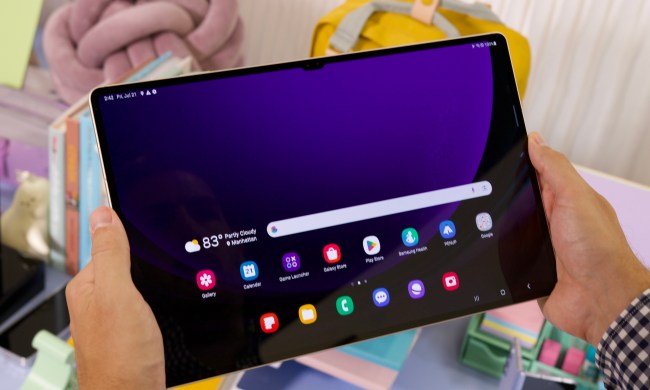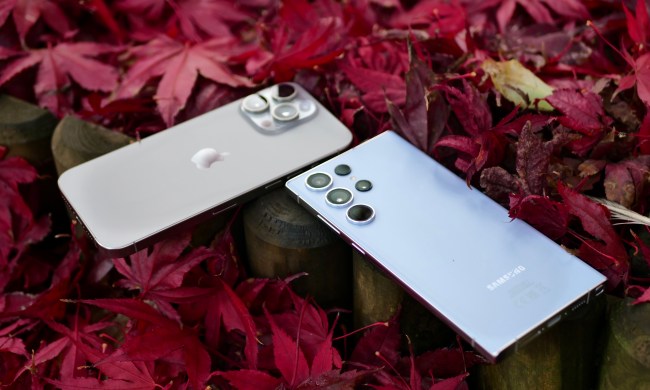Google’s Project Treble has helped solve the Android fragmentation problem, but it may be a long time before the mobile operating system reaches similar adoption rates to Apple’s iOS.
Android fragmentation most often refers to the slow installation rate for new versions of the mobile operating system. Not only are Android smartphone owners prevented from enjoying the latest features, but they are also blocked off from bug fixes and security updates.
To address the issue, Google rolled out Project Treble in 2017, alongside Android 8 Oreo. The new update framework skipped chip makers in the Android update process so that it will take less time to roll out new versions of the mobile operating system to device makers and their customers.
An Android Developers blog post revealed that Project Treble has had a positive effect leading into the launch of Android 10. In late July 2018, just before the launch of Android 9 Pie, Android 8 Oreo was installed in 8.9% of Android devices. In comparison, in late August 2019, just before the launch of Android 10, Android 9 Pie was installed in 22.6% of Android devices.
Project Treble increased the participants of the Android 10 beta to 18 devices across 12 manufacturers in addition to Google’s Pixels, up from seven devices across seven manufacturers for the Android 9 Pie beta. The framework also allowed two manufacturers, namely Xiaomi and Essential, to roll out Android 10 updates on the day of its announcement. OnePlus and Nokia have since followed suit, with many manufacturers, including LG, Motorola, Samsung, and Sony committing to updating some of their devices to Android 10 before the end of the year.
“We have a lot more work to do, and we are tirelessly investing in improving updates,” wrote Project Treble’s Iliyan Malchev in the blog post.
Malchev and his team certainly have their work cut out for them, especially when comparing Android to iOS. It took less than a month from the release of the iOS 13 for the latest version to be installed in half of all iPhones. When taking into account just the devices that were released in the last four years, the percentage goes up to 55%.
It remains to be seen how long it will take for Android to reach similar adoption rates, or if it will ever be able to. At the very least, Project Treble is helping reduce the fragmentation problem, one Android version at a time.


